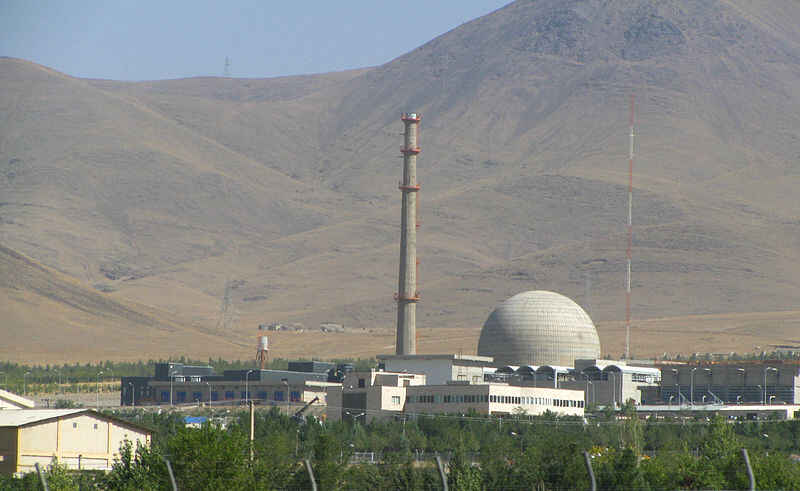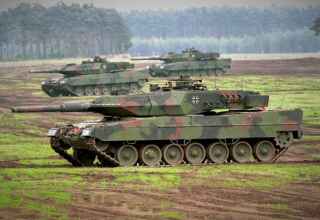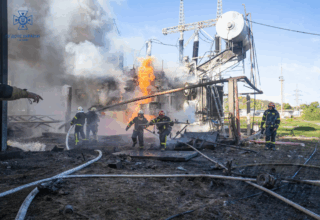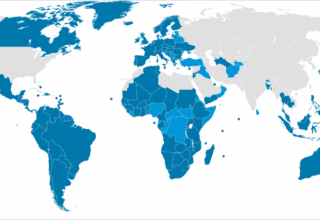
The issue of Iran’s nuclear ambitions remains one of the most contentious and complex subjects in international relations. Indeed, it extends beyond technical capabilities or regional goals and touches upon political strategy, national identity, and national security. On one side, there is the recognition of Iran’s sovereign right to pursue nuclear energy for peaceful purposes, as guaranteed under the Non-Proliferation Treaty (NPT). On the other, there are legitimate fears that Iran’s nuclear program could ultimately be used as a pathway to nuclear weapons, disrupting regional stability and international security.
For decades, Iran’s nuclear program has been a source of tension and distrust between the country itself and the West, particularly the United States. Not to mention that with the US’s unilateral withdrawal from the JCPOA, the Joint Comprehensive Plan of Action, also known as the Iran nuclear deal, in 2018, Iran’s determination to build a robust nuclear infrastructure only grew stronger, fuelling regional and global concerns.
Iran’s nuclear ambitions can be understood through the lens of deterrence: as of now, Israel is the only country in the Middle East with confirmed nuclear weapons, but other countries such as Saudi Arabia, Egypt, and Turkey have expressed interest in nuclear technology would potentially have the economic capability to pursue nuclear weapons. As such, the perception that nuclear weapons could serve as an equalizer is a significant driver behind Iran’s pursuit of nuclear technology, as it would bolster Iran’s position in regional geopolitics, providing a counterbalance to its adversaries and potentially deterring foreign military intervention.
However, nuclear weapons are not simply a tool for deterrence, they also bring several diplomatic challenges: if Iran were to pursue its nuclear programme, the balance of power in the Middle East would certainly shift, and because of that the West fears that it would lead to nuclear arms race in an already volatile region. The fine line between balancing regional diplomacy and deterrence becomes increasingly narrow in this context: Iran is indeed in a limbo between fostering diplomatic relations to reduce international isolation, so maintaining ties at the regional and global level, while simultaneously strengthening its security through nuclear deterrence. The JCPOA was an attempt at balancing these interests, offering Iran the possibility of sanctions relief and economic integration in exchange for curbing its nuclear program. Despite its flaws, the agreement provided a diplomatic framework that aimed to halt Iran’s nuclear advancements and build trust over time, although it might result in being not enough as a deterrence.
Trustability remains a major obstacle, between foreign actors, but also among its own citizens. The country’s economic struggle, exacerbated by sanctions, inflation, and governance inefficiencies, is indeed raising discontent among the population as the nation seems willing to prioritize nuclear development instead of focusing first on economic growth and international trade that would lead to long-term benefits. Also, the West is often left to question whether Iran is genuinely committed to peaceful nuclear energy or whether it is using diplomacy as a façade to mask its nuclear aspirations. The result is a diplomatic deadlock: adjustments to the JCPOA framework could help provide a basis for renewed engagement, however, they would not assure Iran’s full commitment in pursuing only nuclear energy.
Iran’s nuclear ambitions only reflect the reality of broader global challenges in the 21st century, where issues of national security, regional power, and international diplomacy intersect in complex, often contradictory ways. Trust is hard to gain, however, if Iran is ready to fulfill the nuclear treaty, the West needs to believe the commitment and guarantee the needed support to the country.
By The European Institute for International Relations















